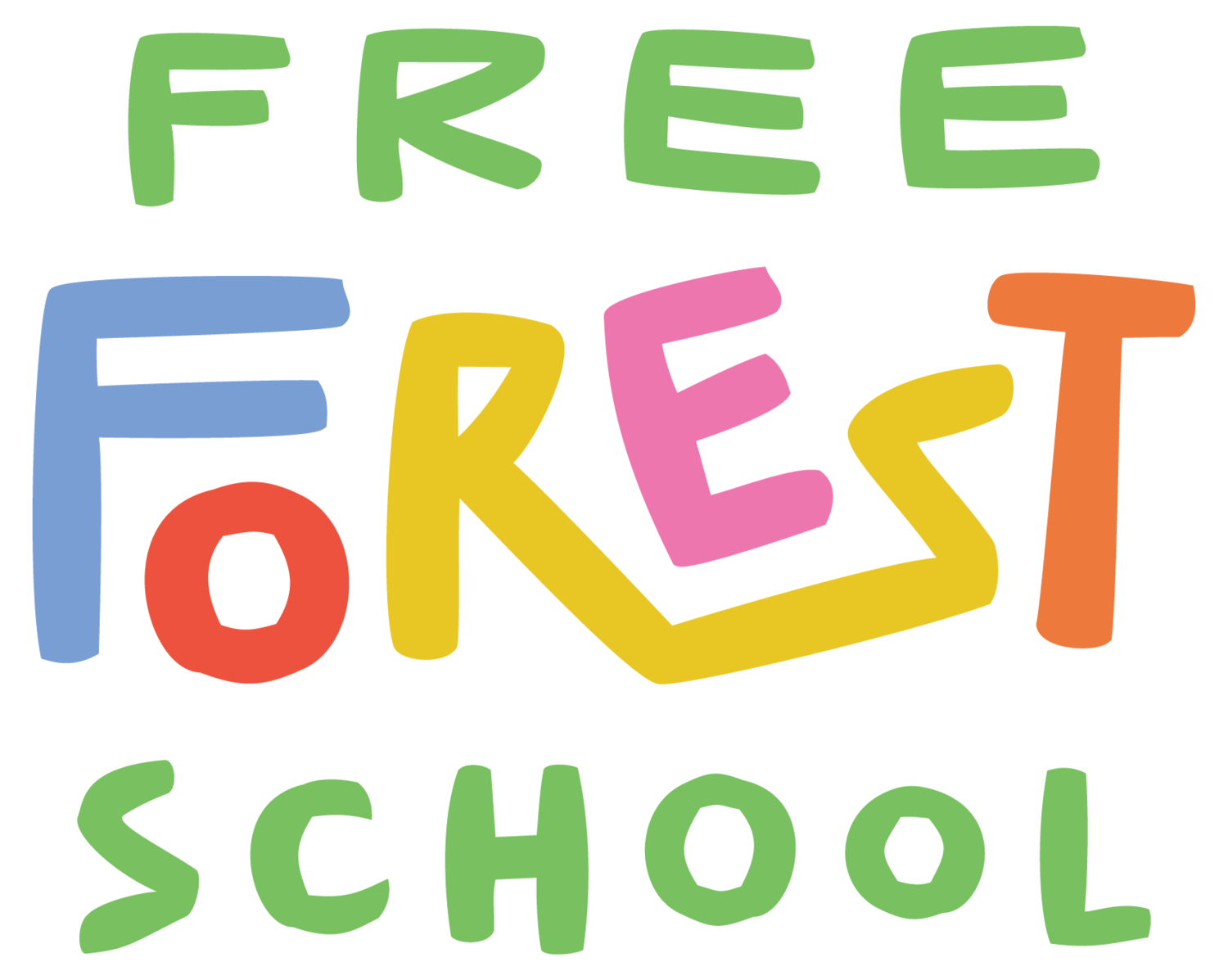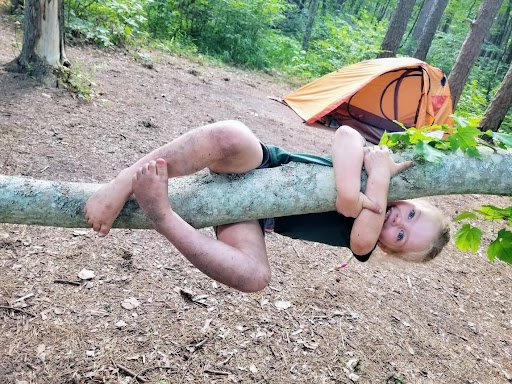Camping with Kids
By Emily Rybolt
I did not grow up camping. As my daughter and I began spending more and more time outside, camping seemed like the next step. As a single mom, I was nervous and intimidated by the idea of taking my daughter camping for the first time alone, so when a friend invited my daughter (3.5 at the time) and I to join them on a camping trip, we decided to give it a try. I figured there would never be a time when we were 100% prepared so we just needed to get out there, and what better way than with someone there to guide us.
I wasn’t sure how we would do since it was not only my daughter’s first camping trip, but also mine. It rained the entire time but we made the best of it with puddle jumping and mudslides, and I will never forget that trip.
Now, 18 months later, I’m proud to say we have ventured out on a total of 15 camping trips and two backpacking trips! While my 5-year-old prefers camping with friends, we manage to get out on our own pretty often now that we have found some ways to make things easier.
My Top 10 Tips for Camping with Kids:
1. Practice. Do a practice run in your backyard or living room! Set up a tent and haul out the sleeping bags. We don't have a fire pit so we made a tin can fire outside and roasted marshmallows over it. If you do something similar, be sure to check your local fire regulations.
2. Take a Friend. Go camping with a more experienced friend! Ask them for a packing list, and share recipes and supplies.
3. Location. Start with a campground close to home in case you need to come back home. Ask around for campgrounds that others love. If it's even remotely warm, opt for something with water.
4. Start Small. Plan for one night; if all goes well try more nights the next time. Kids will settle easier if they have burnt off plenty of energy before bed. Don't expect much out of yourself or your kids the next morning. If there's a big hike you want to do, do it the day you arrive so everyone is well rested and ready to go.
5. Surprises. Make sure to bring any comforting items your child uses at home, and some fun new toys/tools are also great to have on hand (headlamps, hammocks, walkie talkies, bucket, shovel, books, star maps). When camping, my daughter enjoys running around after dark with her head lamp on!
6. Food. Bring plenty of easy food that your child will actually eat. S’mores are a requirement for my daughter every camping trip.
Hotdogs
Quesadillas
Pancakes
Eggs (I crack the eggs at home and pour into an empty gatorade bottle)
Veggies and hummus
Chips and guacamole
Granola bars
Trail mix
Premade meals
7. Pack Extra. Bring extra clothes for kids… and yourself, because you never know what you may get into! There’s no such thing as packing enough snacks for a growing toddler. If it's going to be chilly, pack an extra blanket.
8. Sleep. If you co-sleep at home then plan to all snuggle in your tent. A double sleeping bag or a large air mattress with blankets may be perfect (infants under 15 months should not sleep on an air mattress). If you are like me and do not like to be touched while sleeping, then get separate sleeping bags and sleeping pads. Consider bringing a pack-n-play if your infant is used to sleeping in a crib.
Gear can be overwhelming. Consider borrowing from family or friends before buying. Also check out local resources: REI and other outdoor retailers rent camping equipment along with some universities and libraries. When I go camping with other families, we share a stove and cooking supplies to cut down on what everyone needs to own or bring. When camping during the summer, you can get away with much less gear than chillier temperatures require. A tent will probably be your first and main purchase if you plan to camp regularly. The rest you can probably make due with what you already own. Snow suits make great sleeping bags for infants/toddlers.
9. Organization. Have a tote for your camping essentials, so it’s always ready to go. This is what’s currently in my tote:
camp stove
hammer
propane
extra batteries
flashlight
trash bags
clothespins/ string (to hang wet clothes)
fire starter
matches and lighter
Kitchen items: skillet, cooking utensils, plates, silverware
scissors
bug spray and sunblock
first aid kit
hatchet
multitool
10. Leave no trace! Keep food and trash in a sealed container, in the car, or hang from a tree to avoid animals getting into it. (Follow local recommendations depending on the wildlife in your area.)
Becoming comfortable and confident in camping has opened up so many opportunities for me and my daughter. Through camping, we have been able to afford more travel and have visited plenty of parks and nature preserves that I would have never seen otherwise. I have learned that I am capable of more than I know and I am thankful that I took the leap.
The best way to become a family that camps is to just go for it. You will forget things; you will learn to improvise. There will be tears along the way, just like anything else involving young ones, but remember that you are also building resilience and connection to the natural world. I challenge you to get out there to make some memories (and some s’mores)!
Emily Rybolt hosts Free Forest School meetups in St. Louis, MO. Emily and her daughter enjoy hiking, rock climbing, and biking together. Find her on Instagram @littlemuddytoes.






